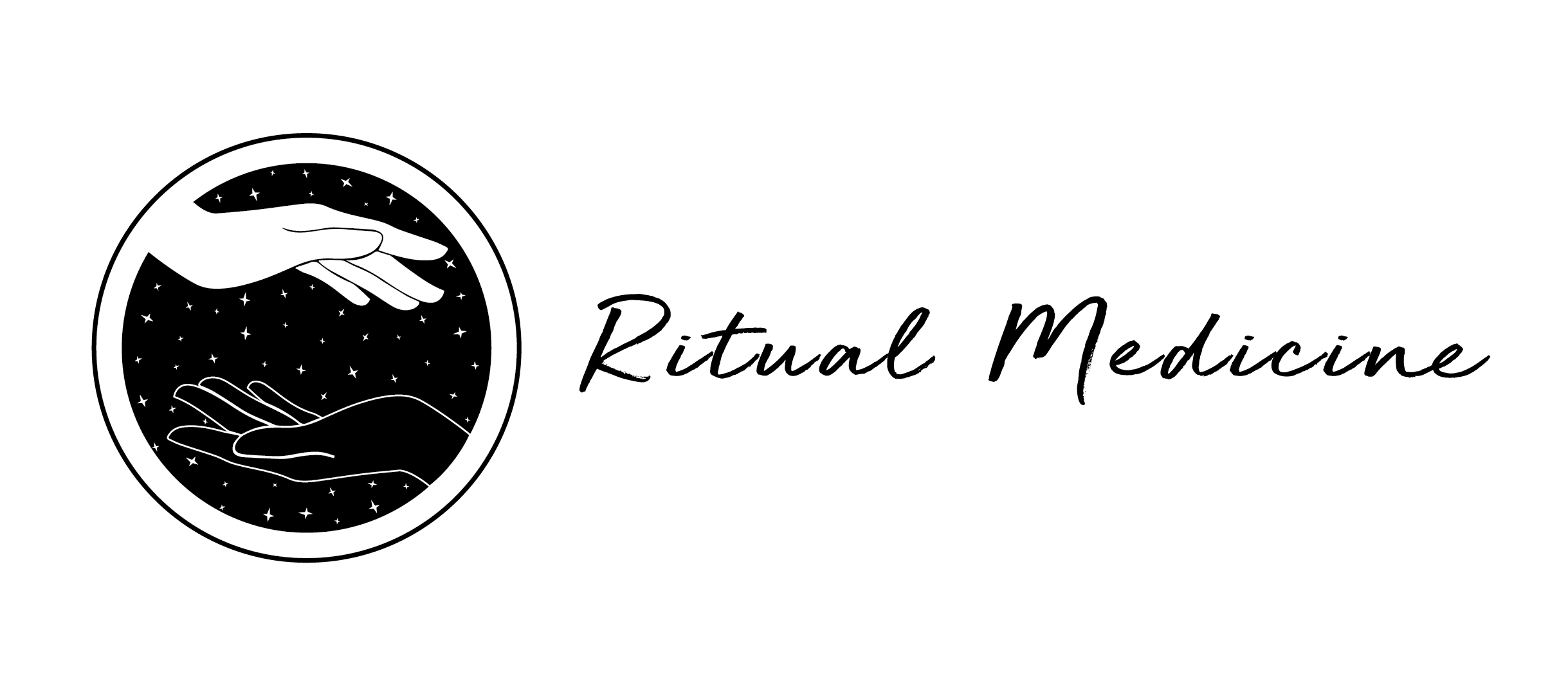Menstrual cycle basics
For many, the understanding is that the menstrual cycle is comprised of the only ‘obvious’ phase of the cycle … when you have your period.
Your period, or your menstrual cycle, is actually the entire time from the first day of your period, all the way until your next period starts, but the length may vary from cycle to cycle, and may also change over the years.
Cycle length changes between menarche (when periods first start during puberty) and menopause (when periods stop permanently).
The average number of days for this is 28, however for some, it is still considered a normal cycle anywhere between 22-35 days.
All bodies are different, so the length of your own menstrual cycle may be shorter or longer and not all menstrual cycles are regular.
Hormone signals are sent back and forth between the brain and the ovaries, causing changes to the sacs in the ovaries that contain eggs (follicles) and the uterus
Understanding your period
Your menstrual cycle is actually made up of 4 distinct phases:
Menstruation (your period)
This phase can range from 2-7 days, this is when you are bleeding- the shedding of the uterine lining. Levels of estrogen and progesterone are low.
How it might affect you: During menstruation, you may feel low on energy and have aches or pains. This is a time for rest and inward contemplation, this is not a time for high intensity exercise or expanding your energy outward.
Follicular Phase
This is the phase after bleeding until ovulation (around day 14) Estrogen rises as an egg prepares to be released.
How it might affect you: Your estrogen levels start to rise and you might find yourself being in a better mood and having more energy. During this phase you might notice a higher sex drive and more discharge (clear or white sticky mucus).
Ovulation
The release of the egg from the ovary, mid-cycle. Estrogen peaks just beforehand, and then drops shortly afterwards.
How it might affect you: During this phase you might feel a boost of energy and inspiration. You might also feel an increase in your sex drive.
Luteal Phase
The time between ovulation and before the start of menstruation, when the body prepares for a possible pregnancy. Progesterone is produced, peaks, and then drops.
How it might affect you: In the first part of this phase, you will experience the benefits of the hormone surges from ovulation. During the second half of this phase, due to the rise in progesterone your stress levels can increase easily and you might feel moodier during this phase. You might also feel easily irritated, experience some sadness or feel anxious. Your breast might feel more sensitive or even sore.
Book your consults by calling 1 778 400 6360 or if you are not local, we can connect virtually by booking your 15 minute here.

